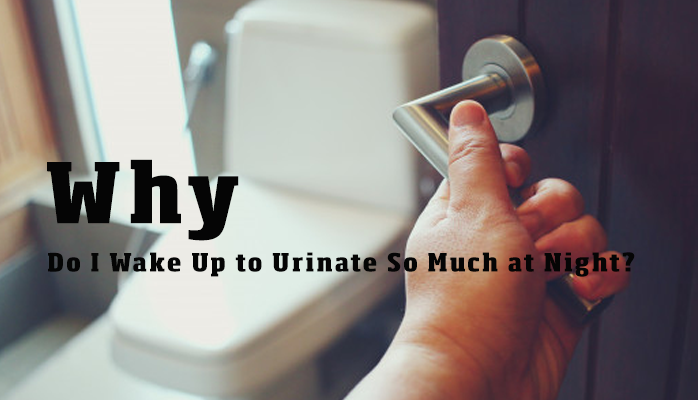Frequently Waking Up to Urinate is a Condition
The term for frequently waking up at night to urinate is nocturia. Nocturia is more than an irritating nuisance, it causes sleep deprivation and should be taken seriously.
Whereas someone without nocturia can sleep 6-8 hours at night without having to urinate, people with nocturia may get up 3-6 times per night or more. Getting up once, or perhaps even twice, per night is likely not going to cause problems, but 3 times per night is likely to cause daytime sleepiness and 5 or more times per night is likely to cause severe sleep deprivation.
Nocturia should not be confused with bed-wetting, which does not involve rousing from sleep. Nocturia can be caused by a multitude of factors, or a combination of factors, such as:
- Lifestyle habits
- Medical conditions
- Naturally occurring life circumstances
- Sleeping disorders
Symptoms of Nocturia
The primary symptom of nocturia is waking up multiple times per night with the need to urinate. Things to pay attention to in regards to nocturia are:
- How many times you wake up to urinate
- Whether or not you are experiencing daytime fatigue
- How much you urinate when you wake up
- Whether or not you are drinking caffeine or alcohol before bed
Assessing these points can be an important step in identifying what is causing your nocturia, how severe it is, or if you even have it at all. Keeping a journal will be helpful to this end.
What are Some Causes of Nocturia?
As said, several factors can cause Nocturia. Now, you might think that nocturia is simply caused by having a full bladder. Up until recently, this was a commonly accepted opinion. However, many suffering with nocturia can tell you that the urge to pee that wakes them up does not usually translate to actually having much urine to dispel.
In short, while a full bladder can cause nocturia, a full bladder often isn’t the cause.
First, nocturia is a naturally occurring condition in the following circumstances:
- As we age, because as we get older we produce less anti-diuretic hormones and/or our bladder loses holding capacity as we age
- During pregnancy, due to the bladder being squeezed
Lifestyle factors and habits can cause nocturia, such as excess alcohol, coffee, or water before bed. Also, it is a known symptom of sleep apnea.
Finally, there are also numerous medical conditions which can cause nocturia, such as:
- Urological infection
- Tumor of the bladder or prostate
- Disorders affecting sphincter control
- Heart failure
- Liver failure
- Diabetes
Tips for Reducing Nocturia
There are a few lifestyle changes you can make to help prevent nocturia.
- Drink liquids earlier in the day
- Avoid alcohol and caffeine in the hours before bed, as they stimulate urine production
- Keep a diary if you having unrelenting nocturia to see if you can identify lifestyle habits that may be causing it
Treating Nocturia
If you are experiencing nocturia, consult your doctor or sleep specialist right away. It will be extremely helpful to keep a daily diary of:
- How many times you woke up the previous night
- How much urine you expelled each time you went
- What you drank the previous evening and when you drank it
- How you feel during the day (okay, tired, very tired, etc.)
Generally, treatment begins with medications, bladder or neurological tests, an ultrasound, or a recommendation to a sleep center for testing. For more information, please click the orange button below to take a free online sleep test an talk with one of our sleep health professionals.


